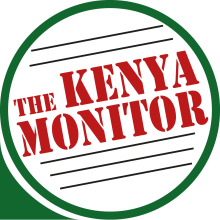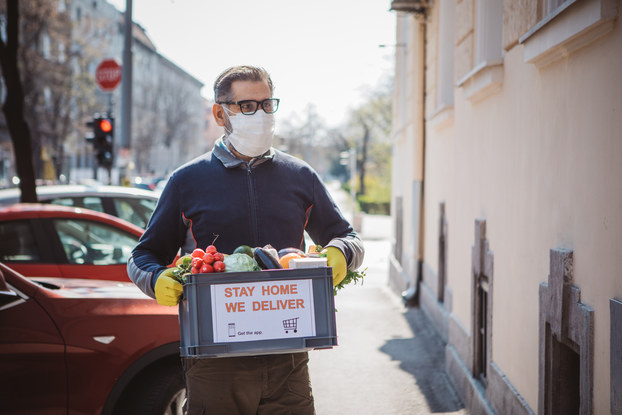In some ways, the covid-19 pandemic has shifted our shopping and spending patterns positively.
Fear of Covid-19 infections, the strict social distancing measures, and inter-county closures and partial lockdowns enforced at various counties resulted in a shift in the nature of our spending and even purchasing patterns.
So, what consumer habits changed after the pandemic?
At the initial stages of the pandemic, sales of household items such as soaps, disinfectants and sanitisers saw a spike in growth compared to the previous months before the pandemic.
There was also a high uptake of online commodities compared to the previous months. Ecommerce service providers like Jumia, Kilimall, Avechi, Skygarden had been in existence for quite some time, the pandemic somehow pushed more consumers online. Food delivery sector that wasn’t much explored also experienced sharp growth.
While the hotel industry almost crippled down, customers shifted to online food delivery which was a better option to stay safe than walking into stores to get food or interact with other people.
Research by Businesswire indicated the global online food delivery services market is expected to grow from $115.07 billion in 2020 to $126.91 billion in 2021 as a result of the reopening of the economy.
Online delivery services on the other hand were also at an all-time high. Prior to the pandemic, very few people trusted online delivery services and errands but after the pandemic, there was a quick adoption of online services.
Thanks to the Covid-19 pandemic, consumers now depend fully on digital channels to make purchasing decisions, learn about new products and buy products online rather than traditional methods.
Another to note, while the economy has fully opened up, consumer confidence to shop physically still remains low.
After the pandemic, it looks like working from home is here to stay. Although this has been common among creatives and freelancers, companies are now open to remote working and thanks to real-time connectivity and automation services, they are able to monitor work from anywhere.
As a result of remote working, we now have a set of consumers who are after work from home spaces. For instance, when it comes to house hunting, they are inclined towards the provision of a home office, access to the internet and office furniture.
There also has been a shift in consumer spending options and intentions especially due to the prolonged financial implications of the pandemic, consumers are more mindful of what to buy.
A UK study on consumers patterns during the panic also stresses out consumers being more conscious about what they buy. The study adds, 75 per cent of consumers are limiting food waste, whilst 67 per cent are said to be shopping more health-consciously, a similar pattern experienced everywhere.


